Jesus tells us in today’s Gospel reading that we must renounce all possessions to be His disciples, and that we must hate father, mother, wife, children, brothers, sisters, and our own lives to follow Him. This seems drastic, and it is. Knowing that His message requires great effort and trust, Jesus asks His listeners to consider the cost: “Which of you wishing to construct a tower does not first sit down and calculate the cost to see if there is enough for its completion?” Have we considered the cost of discipleship?
On other occasions, Jesus lists the benefits of discipleship, for example during the Sermon on the Mount, as He goes through the Beatitudes. But today He extends a different invitation, an invitation to consider the costs. And just as the benefits are great, so are the costs. Jesus details the experience of the citizens of the Kingdom. They will have to give up a great deal to be a part of this Kingdom.
What does it mean to renounce our possessions, to hate our families, to hate our lives? Let’s consider the cost. When we choose to follow Jesus intentionally, wholeheartedly, comprehensively, we find that there are not many others who are willing to do the same, including many of our friends and family members. And we have to distance ourselves from what is holding us back from remaining in Christ. There are so many things in our lives that we carry with us without realizing it — even apparently neutral possessions and relationships can serve to distract us from the Kingdom. Ultimately, we will want to die to the world and live with Christ forever.
When we make this commitment and truly live it, those who have not done so will not understand. They will ask us questions, make passive-aggressive comments, and maybe throw accusations at us. Some will call themselves faithful but will have glaring inconsistencies between their beliefs and their actions. We will try to bring them over to Christ. If we stay in a state of grace, we will act as a mirror to their own faults, and they will resist it.
In the same way, the things and people we once loved before becoming more perfect disciples of Christ will become repugnant to us: We will not want to go back to those things, environments or people. To follow Christ with all our heart, soul, mind, and strength, we need to be willing to undergo this transformation, to let go of those things that keep us looking back. We will have to move forward toward heaven, knowing that as we grow, we might find ourselves less able to connect with those we love and without the possessions we once held so dear. But being with Jesus will be worth the sacrifice.
Jesús nos dice en el Evangelio de hoy que debemos renunciar a todas nuestras posesiones para ser sus discípulos, y que debemos preferirlo a nuestro padre, madre, esposa, hijos, hermanos, hermanas y nuestra propia vida para seguirlo. Esto parece drástico, y lo es. Sabiendo que su mensaje requiere gran esfuerzo y confianza, Jesús pide a sus oyentes que consideren el costo: “¿quién de ustedes, si quiere construir una torre, no se pone primero a calcular el costo, para ver si tiene con qué terminarla?” ¿Hemos considerado el costo del discipulado?
En otras ocasiones, Jesús enumera los beneficios del discipulado, por ejemplo, durante el Sermón del Monte, al repasar las bienaventuranzas. Pero hoy nos invita a considerar los costos. Y así como los beneficios son grandes, también lo son los costos. Jesús detalla la experiencia de los ciudadanos del Reino. Tendrán que renunciar a mucho para ser parte de este Reino.
¿Qué significa renunciar a nuestras posesiones, y preferir a Dios encima de nuestras familias y nuestras vidas? Consideremos el costo. Cuando elegimos seguir a Jesús intencionalmente, con todo el corazón y de forma integral, descubrimos que no hay muchos otros dispuestos a hacer lo mismo, incluyendo a muchos de nuestros amigos y familiares. Y tenemos que distanciarnos de lo que nos impide permanecer en Cristo. Hay tantas cosas en la vida que llevamos con nosotros sin darnos cuenta; incluso posesiones y relaciones aparentemente neutrales pueden distraernos del Reino. En última instancia, queremos morir al mundo y vivir con Cristo para siempre.
Cuando hacemos este compromiso y lo vivimos de verdad, quienes no lo han hecho no lo entenderán. Nos harán preguntas, harán comentarios pasivo-agresivos y tal vez nos lanzarán acusaciones. Algunos se llamarán fieles, pero tendrán inconsistencias evidentes entre sus creencias y sus acciones. Intentaremos acercarlos a Cristo. Si nos mantenemos en un estado de gracia, seremos un espejo de sus propias faltas y se resistirán.
De la misma manera, las cosas y las personas que amábamos antes de convertirnos en discípulos más perfectos de Cristo nos resultarán repugnantes: no vamos a querer volver a esas cosas, entornos ni personas. Para seguir a Cristo con todo el corazón, alma, mente y fuerzas, debemos estar dispuestos a experimentar esta transformación, a soltar aquello que nos hace mirar atrás. Tendremos que avanzar hacia el cielo, sabiendo que, a medida que crecemos, podríamos encontrarnos menos capaces de conectar con quienes amamos y sin las posesiones que antes apreciamos tanto. Pero valdrá la pena el sacrificio para estar con Jesús.
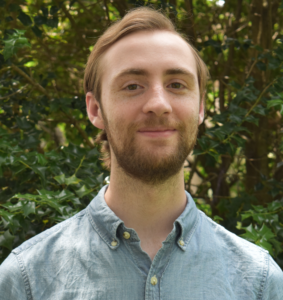 David Dashiell is a freelance author and editor in the Nashville, Tennessee area. He has three children, a degree in theology, and enjoys writing about philosophy, theology, culture, music, and comedy. You can find his personal blog, Serious Daydreams, on Substack. He is also the editor of the anthology Ever Ancient, Ever New: Why Younger Generations Are Embracing Traditional Catholicism, available through TAN Books.
David Dashiell is a freelance author and editor in the Nashville, Tennessee area. He has three children, a degree in theology, and enjoys writing about philosophy, theology, culture, music, and comedy. You can find his personal blog, Serious Daydreams, on Substack. He is also the editor of the anthology Ever Ancient, Ever New: Why Younger Generations Are Embracing Traditional Catholicism, available through TAN Books.
Feature Image Credit: Karla Hernandez, unsplash.com/photos/man-in-black-jacket-walking-on-gray-asphalt-road-during-daytime-gS2Sk-3J00M
The views and opinions expressed in the Inspiration Daily blog are solely those of the original authors and contributors. These views and opinions do not necessarily represent those of Diocesan, the Diocesan staff, or other contributors to this blog.

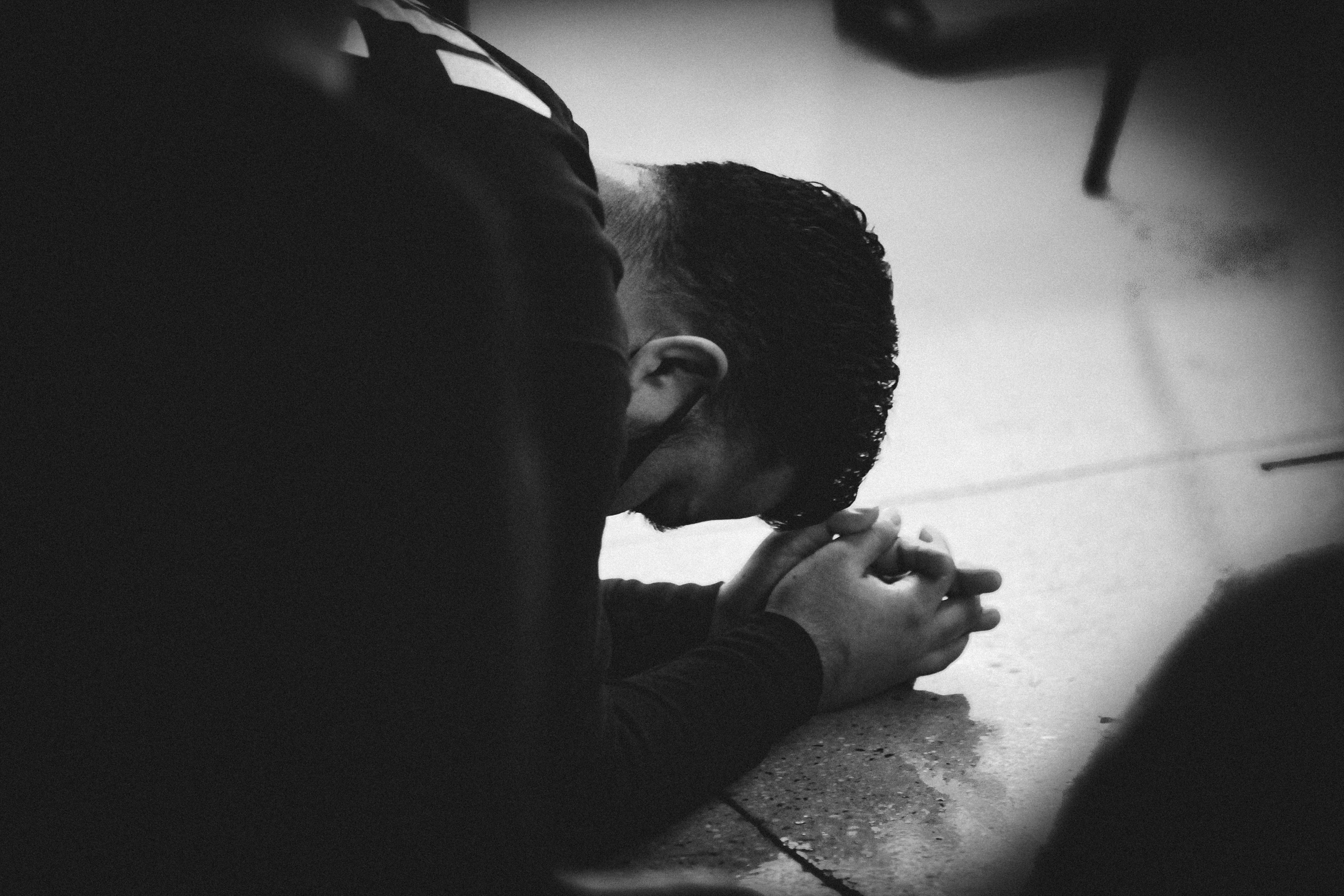
 Felix Urcia was born in Lima, Peru. He moved the U.S. to complete his college degree in Computer Science at Northern Kentucky University. He is passionate about his faith, his family, education and soccer. When he is not homeschooling and caring for his young children he enjoys personal programing projects and sports analysis. He and wife live in a small town in Western Michigan where they enjoy spending time with their five children.
Felix Urcia was born in Lima, Peru. He moved the U.S. to complete his college degree in Computer Science at Northern Kentucky University. He is passionate about his faith, his family, education and soccer. When he is not homeschooling and caring for his young children he enjoys personal programing projects and sports analysis. He and wife live in a small town in Western Michigan where they enjoy spending time with their five children.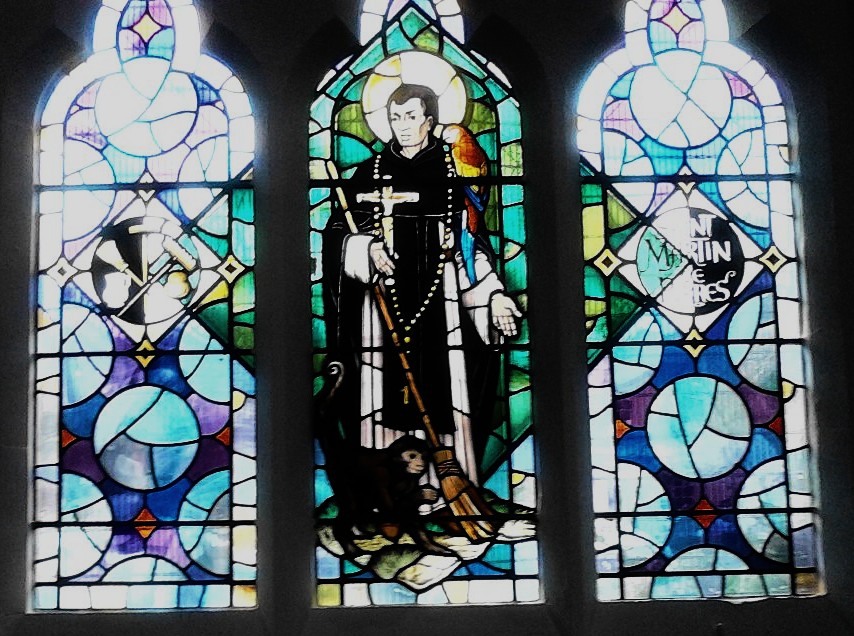
 Lily is a Michigan native and cradle Catholic who has spent most of her life exploring her own reasons to embrace her faith fully. She attended Franciscan University of Steubenville, where she discovered the beauty of her personal relationship with Christ and the Church. After college, she worked in Montessori Education for three years and recently transitioned to nannying. She was recently married and spends most of her time reading, and enjoying her dog and family!
Lily is a Michigan native and cradle Catholic who has spent most of her life exploring her own reasons to embrace her faith fully. She attended Franciscan University of Steubenville, where she discovered the beauty of her personal relationship with Christ and the Church. After college, she worked in Montessori Education for three years and recently transitioned to nannying. She was recently married and spends most of her time reading, and enjoying her dog and family!
 Dr. Alexis Dallara-Marsh is a board-certified neurologist who practices in Bergen County, NJ. She is a wife to her best friend, Akeem, and a mother of four little ones on Earth and two others in heaven above.
Dr. Alexis Dallara-Marsh is a board-certified neurologist who practices in Bergen County, NJ. She is a wife to her best friend, Akeem, and a mother of four little ones on Earth and two others in heaven above.
 Ben Hooper is originally from Maryland, having been adopted from Korea and growing up in the Catholic faith. He went to Franciscan University to dive deeper into his faith and eventually graduated with a degree in Business Management. He loves musical theater, sports, spending time with his wife Lily and their dog Kolbe.
Ben Hooper is originally from Maryland, having been adopted from Korea and growing up in the Catholic faith. He went to Franciscan University to dive deeper into his faith and eventually graduated with a degree in Business Management. He loves musical theater, sports, spending time with his wife Lily and their dog Kolbe.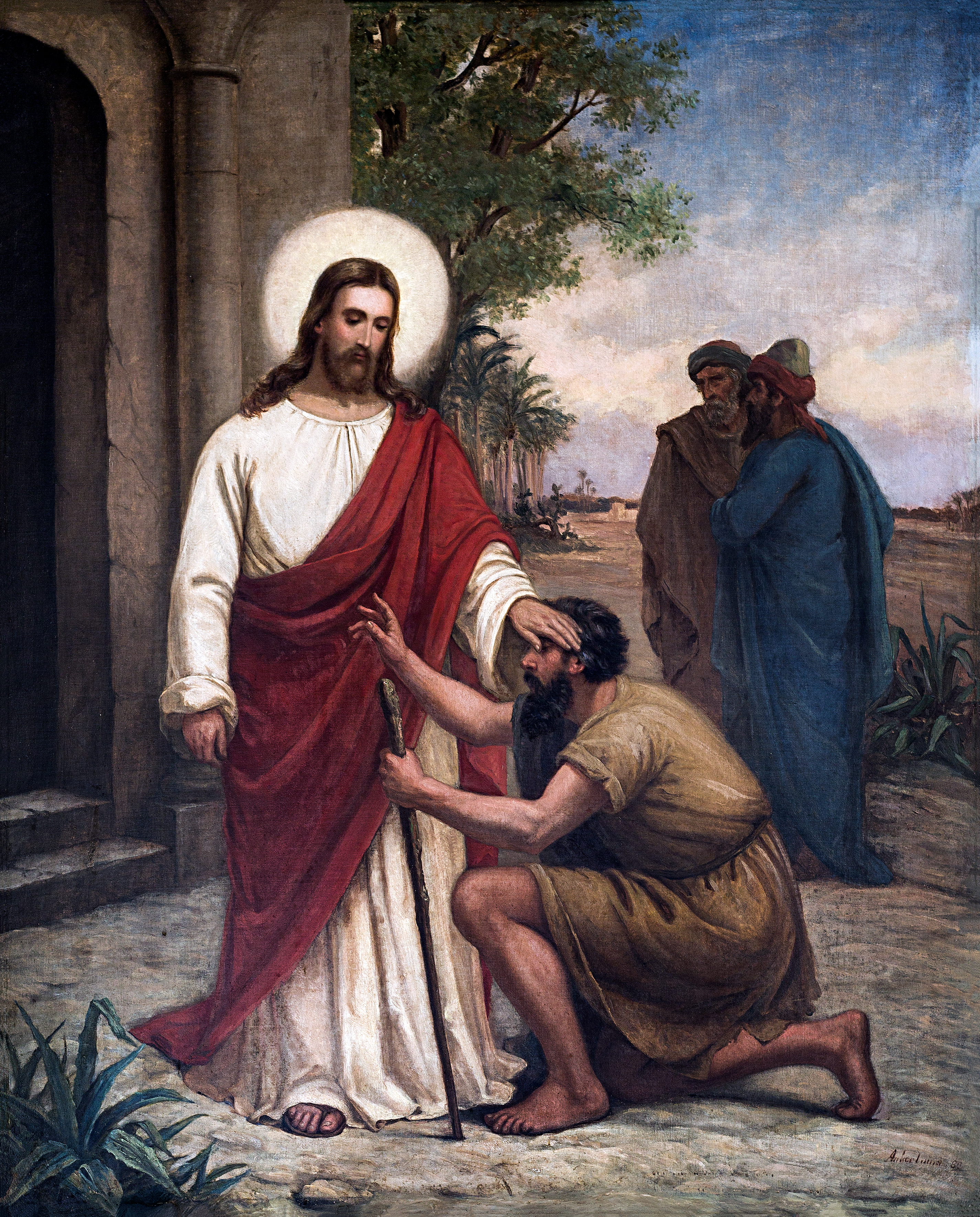
 Merridith Frediani loves words and is delighted by good sentences. She also loves Lake Michigan, dahlias, the first sip of hot coffee in the morning, millennials, and playing Sheepshead with her husband and three kids. She writes for Catholic Mom, Diocesan.com, and her local Catholic Herald. Her first book Draw Close to Jesus: A Woman’s Guide to Adoration is available at Our Sunday Visitor and Amazon. You can learn more at
Merridith Frediani loves words and is delighted by good sentences. She also loves Lake Michigan, dahlias, the first sip of hot coffee in the morning, millennials, and playing Sheepshead with her husband and three kids. She writes for Catholic Mom, Diocesan.com, and her local Catholic Herald. Her first book Draw Close to Jesus: A Woman’s Guide to Adoration is available at Our Sunday Visitor and Amazon. You can learn more at 
 Kate Taliaferro is an Air Force wife and mother. She is blessed to be able to homeschool, bake bread and fold endless piles of laundry. When not planning a school day, writing a blog post or cooking pasta, Kate can be found curled up with a book or working with some kind of fiber craft. Kate blogs at
Kate Taliaferro is an Air Force wife and mother. She is blessed to be able to homeschool, bake bread and fold endless piles of laundry. When not planning a school day, writing a blog post or cooking pasta, Kate can be found curled up with a book or working with some kind of fiber craft. Kate blogs at 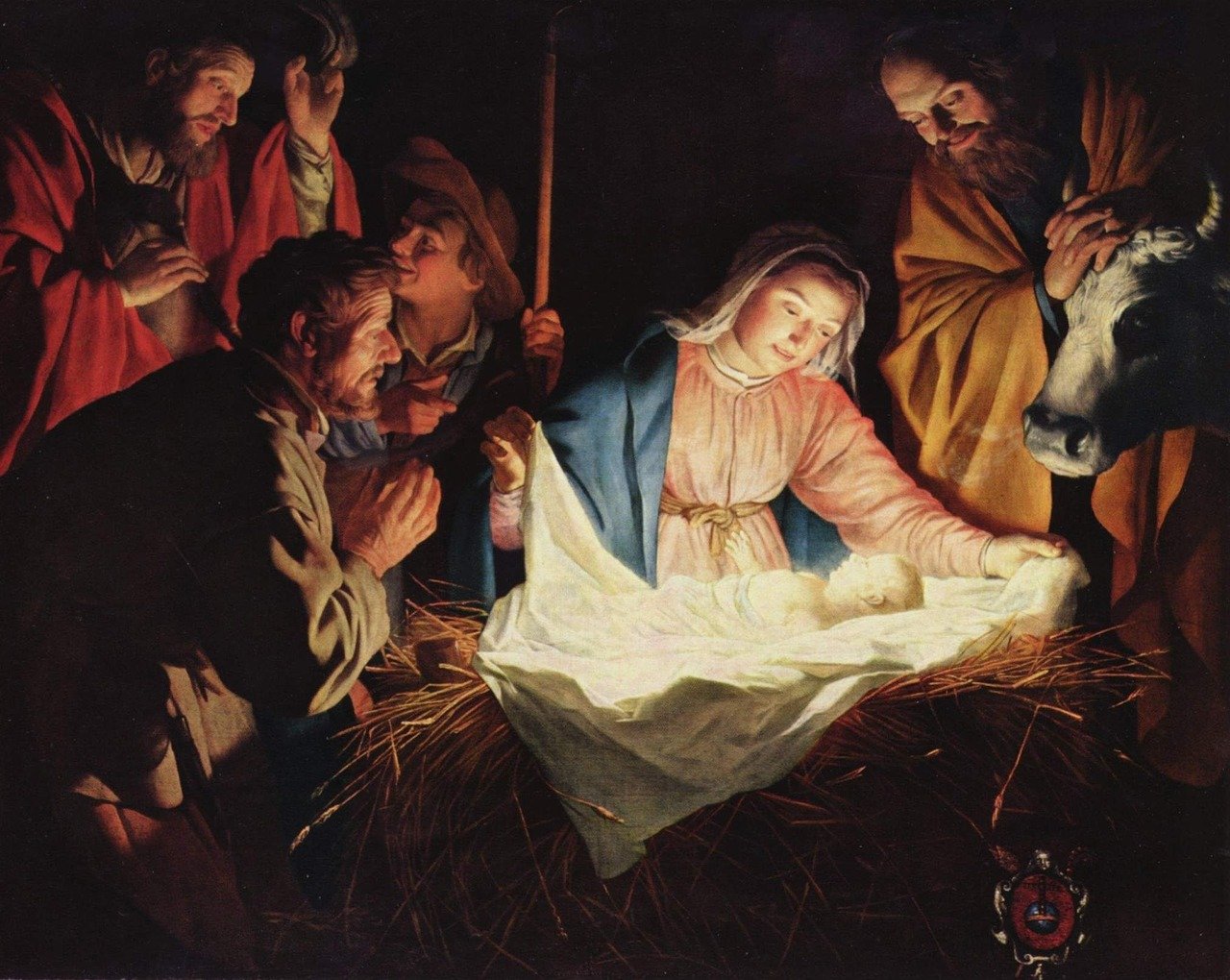
 Kathryn Mulderink, MA, is married to Robert, Station Manager for Holy Family Radio. Together they have seven children (including Father Rob), and eleven grandchildren. She is President of the local community of Secular Discalced Carmelites and has published five books and many articles. Over the last 30 years, she has worked as a teacher, headmistress, catechist, Pastoral Associate, and DRE, and as a writer and voice talent for Catholic Radio. Currently, she serves the Church by writing and speaking, and by collaborating with various parishes and to lead others to encounter Christ and engage their faith. Her website is
Kathryn Mulderink, MA, is married to Robert, Station Manager for Holy Family Radio. Together they have seven children (including Father Rob), and eleven grandchildren. She is President of the local community of Secular Discalced Carmelites and has published five books and many articles. Over the last 30 years, she has worked as a teacher, headmistress, catechist, Pastoral Associate, and DRE, and as a writer and voice talent for Catholic Radio. Currently, she serves the Church by writing and speaking, and by collaborating with various parishes and to lead others to encounter Christ and engage their faith. Her website is 
 Tami Urcia is a midwestern gal from a large Catholic family. As a young adulthood she was a missionary in Mexico, where she studied theology and philosophy. After returning stateside bilingual, she gained a variety of work experience, traveled extensively and finished her Bachelor’s Degree at Brescia University. She loves organizing and simplifying things, watching her children play sports, deep conversations with close family and friends and finding unique ways to brighten others’ day with Christ’s love. She works full time at Diocesan in the Software Department and manages the Inspiration Daily reflections. She is also a contributing writer on
Tami Urcia is a midwestern gal from a large Catholic family. As a young adulthood she was a missionary in Mexico, where she studied theology and philosophy. After returning stateside bilingual, she gained a variety of work experience, traveled extensively and finished her Bachelor’s Degree at Brescia University. She loves organizing and simplifying things, watching her children play sports, deep conversations with close family and friends and finding unique ways to brighten others’ day with Christ’s love. She works full time at Diocesan in the Software Department and manages the Inspiration Daily reflections. She is also a contributing writer on 
 Deacon Dan Schneider is a retired general manager of industrial distributors. He and his wife Vicki have been married for over 55 years. They are the parents of eight children and thirty-one grandchildren. He has a degree in Family Life Education from Spring Arbor University. He was ordained a Permanent Deacon in 2002. He has a passion for working with engaged and married couples and his main ministry has been preparing couples for marriage.
Deacon Dan Schneider is a retired general manager of industrial distributors. He and his wife Vicki have been married for over 55 years. They are the parents of eight children and thirty-one grandchildren. He has a degree in Family Life Education from Spring Arbor University. He was ordained a Permanent Deacon in 2002. He has a passion for working with engaged and married couples and his main ministry has been preparing couples for marriage.
 Deanna G. Bartalini, M.Ed.; M.P.A., is a certified spiritual director, writer, speaker and content creator. The
Deanna G. Bartalini, M.Ed.; M.P.A., is a certified spiritual director, writer, speaker and content creator. The 
 Pamela Kavanaugh is a grateful wife, mother, and grandmother who has dedicated her professional life to Catholic education. Though she has done her very best to teach her students well in the subjects of language and religion, she knows that she has learned more than she has taught. She lives, teaches, and writes in southwest suburban Chicago.
Pamela Kavanaugh is a grateful wife, mother, and grandmother who has dedicated her professional life to Catholic education. Though she has done her very best to teach her students well in the subjects of language and religion, she knows that she has learned more than she has taught. She lives, teaches, and writes in southwest suburban Chicago.